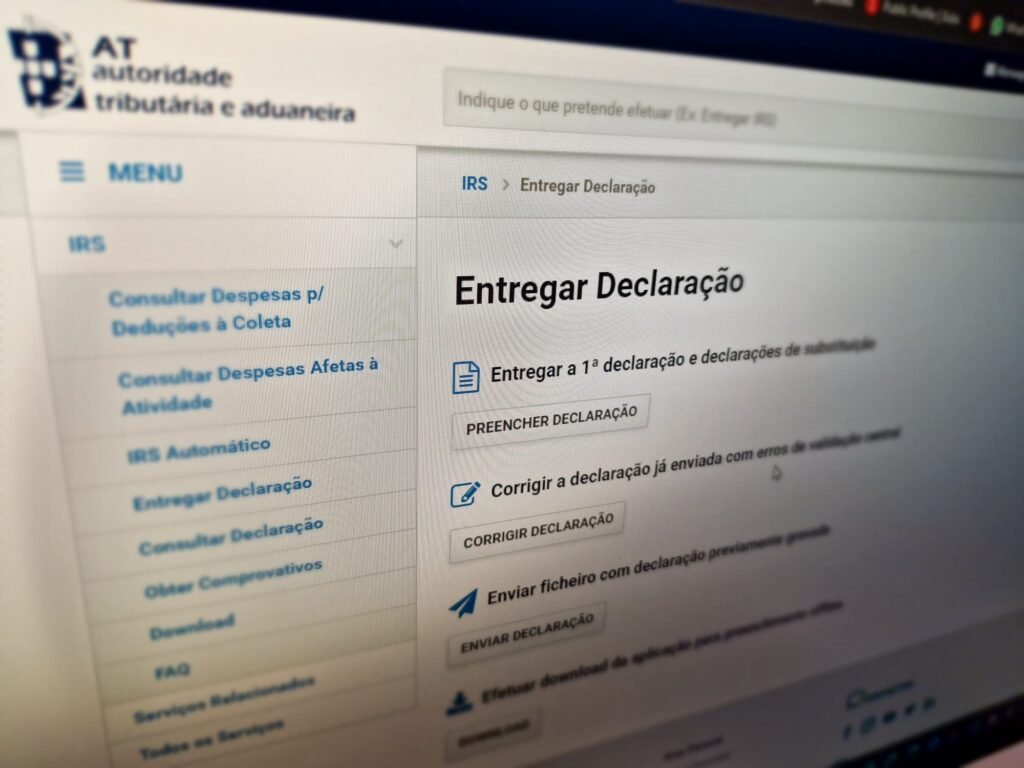As of August 8, 2024, new changes to the Personal Income Tax (IRPF) come into force, introduced by the government to adjust the tax system to current needs and promote greater tax justice. These changes are intended to impact various aspects of the IRS, from rates and ranges to deductions and tax benefits. In this article, we will explore the main changes and what they mean for taxpayers in Portugal.
Main Changes to the IRS
1. Update of Taxation Levels
One of the main changes is the update to the IR bands. The review of these bands aims to adjust tax progressivity and alleviate the tax burden on lower incomes. The new levels and associated fees are as follows:
Tier 1: Income up to €7,703 – Rate of 13%
Tier 2: Income between €7,703 and €11,623 – Rate of 16.50%
Tier 3: Income between €11,623 and €16,472 – Rate of 22%
Tier 4: Income between €16,472 and €21,321 – 25% rate
Tier 5: Income between €21,321 and €27,146 – Rate of 32%
Tier 6: Income between €27,146 and €39,791 – Rate of 35.50%
The last three IR bands will not have reductions in rates.
What will also change are the limits of the brackets, with the seventh bracket now covering taxable income exceeding 39,791 euros up to 43 thousand euros per year. The eighth bracket goes from 43 thousand to 80 thousand euros and the ninth covers income above 80 thousand euros, whereas previously it only included income above 81,199 euros per year.
These changes aim to make the tax system more equitable and provide relief for lower and middle income earners.
The portion of income exempt from IRS was frozen at 4,104 euros 13 years ago and will now rise to 4,350.24 euros, which corresponds to a jump of 6% or 246.24 euros, according to the new rules that apply to dependent employment wages and pensions this year.
2.Increase in the rent deduction only from 2025
The increase in deductions for expenses with renting own and permanent homes will take effect on January 1, 2025. This means that tenants will only feel this effect on their 2026 income tax returns.
The diploma, originating from the PS bench, determines that the limit of the amount that can be deducted from the IRS will rise in stages, until 2027, from the current 600 euros to 800 euros. Thus, next year, the deduction increases to 700 euros, in 2026, it increases to 750 euros and, in 2027, it totals 800 euros.
But the ceiling on the percentage of expenses eligible for rental deductions remains at 15% of expenses incurred.
Impact of Changes
These changes aim to make the tax system fairer and adapted to the current economic reality. For taxpayers, this can mean a reduction in the tax burden, more financial support and greater equity in the treatment of income and expenses. However, it is important for all taxpayers to inform themselves about the new rules and adjust their tax returns accordingly.
What Should You Do Now?
With these changes coming into force, it is crucial that:
Review Your Tax Situation: Check how new changes affect your tax situation and adjust your tax planning as needed.
Update Your Returns: Make sure all applicable deductions and benefits are correctly included on your tax return.
Seek advice if necessary: If you have questions about how the changes affect you, consider consulting an accounting expert or tax advisor to ensure you are compliant with the new rules.
Conclusion
The changes to the IRS that come into force on August 8, 2024, are an important step towards greater tax justice and supporting Portuguese taxpayers. It is critical that all taxpayers familiarize themselves with the new rules and adjust their tax practices accordingly. Staying informed and proactive is essential to make the most of the benefits of the new measures and ensure effective tax management.
Did you like this article? Share with your network and help your friends stay informed about new changes to the IRS!

